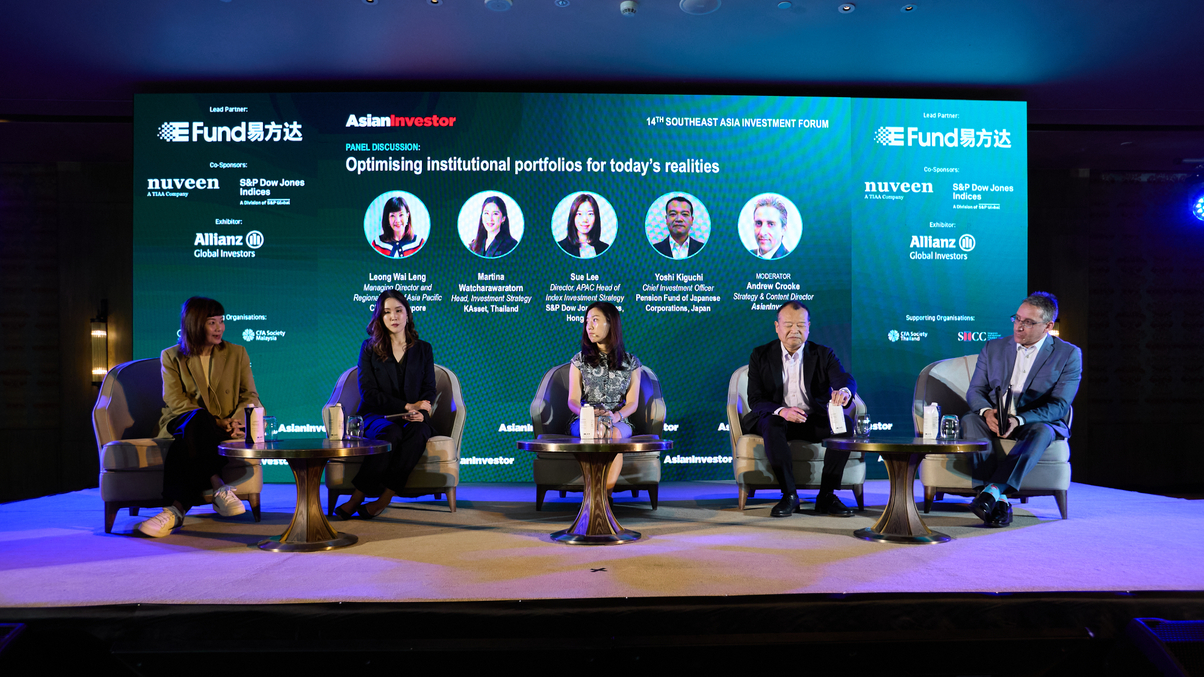Asset owners discuss geopolitics, interest rates as Trump 2.0 era looms
CDPQ, PFJC and other investment industry experts weigh in on how they search for opportunities for diversification and returns even as global attention stays locked on the remarkable US elections outcome.

Geopolitics. China and emerging markets. US interest rates. Add to the mix a stunning US election outcome.
Sign in to read on!
Registered users get 2 free articles in 30 days.
Subscribers have full unlimited access to AsianInvestor
Not signed up? New users get 2 free articles per month, plus a 7-day unlimited free trial.
¬ Haymarket Media Limited. All rights reserved.


